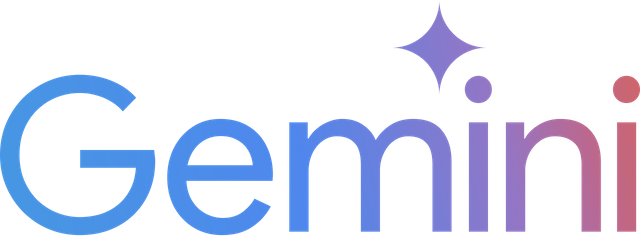
Have you ever wondered how companies manage to keep their AI-powered applications running smoothly, even when bombarded with tons of user requests? 🤔 It's all about optimizing for throughput and latency, two crucial metrics that determine the efficiency and user experience of AI applications.
This is where NVIDIA NIM microservices come into play. They're like the secret sauce that helps enterprises achieve peak performance with their large language models (LLMs).
In this blog post, we'll dive into the world of NVIDIA NIM and explore how it revolutionizes LLM inference efficiency at scale. 🤯
The Importance of Throughput and Latency
Imagine you're using a chatbot to get customer support. You ask a question, and it takes ages for the chatbot to respond. Frustrating, right? 😠 That's a sign of high latency.
On the other hand, if the chatbot can handle multiple requests simultaneously without slowing down, that's high throughput. 👍
Throughput measures how many operations an LLM can handle per unit of time. Think of it like the number of cars a highway can handle per hour. 🚗💨
Latency measures the delay between a request and a response. It's like the time it takes for a car to travel from one point to another. ⏱️
For AI applications to be successful, they need to strike a balance between throughput and latency. ⚖️
How NVIDIA NIM Microservices Enhance Efficiency
NVIDIA NIM microservices are designed to optimize both throughput and latency for LLMs. They achieve this through a combination of clever techniques:
1. Runtime Refinement
NIM uses runtime refinement to fine-tune the LLM's performance based on real-time conditions. It's like having a personal trainer for your LLM, constantly adjusting its training regimen to maximize its potential. 💪
2. Intelligent Model Representation
NIM employs intelligent model representation to optimize how the LLM is stored and accessed. This reduces the amount of data that needs to be transferred, leading to faster response times. 🧠
3. Tailored Throughput and Latency Profiles
NIM allows enterprises to customize the throughput and latency profiles of their LLMs based on their specific needs. This ensures that the LLM is always operating at peak performance, whether it's handling a surge in requests or maintaining a consistent response time. 📈
NVIDIA TensorRT-LLM: A Powerful Ally
NVIDIA TensorRT-LLM is a powerful tool that works in tandem with NIM to further enhance LLM performance. It allows enterprises to adjust parameters like GPU count and batch size to fine-tune the LLM's performance based on their specific requirements. ⚙️
The Benefits of NVIDIA NIM
Enterprises that use NVIDIA NIM have reported significant improvements in throughput and latency. For example, the NVIDIA Llama 3.1 8B Instruct NIM achieved a 2.5x increase in throughput, a 4x faster TTFT, and a 2.2x faster ITL compared to the best open-source alternatives. 🤯
A New Standard in Enterprise AI
NVIDIA NIM is setting a new standard in enterprise AI by offering unmatched performance, ease of use, and cost efficiency. It's a game-changer for businesses looking to enhance customer service, streamline operations, or innovate within their industries. 🚀
Key Takeaways
- Throughput and latency are crucial metrics for AI application performance.
- NVIDIA NIM microservices optimize throughput and latency for LLMs, leading to improved efficiency and user experience.
- NIM uses runtime refinement, intelligent model representation, and tailored throughput and latency profiles to achieve its goals.
- NVIDIA TensorRT-LLM works alongside NIM to further enhance LLM performance.
- Enterprises using NIM have reported significant improvements in throughput and latency.
Call to Action
If you're looking to take your AI applications to the next level, consider exploring NVIDIA NIM microservices. They're a powerful tool that can help you achieve peak performance and deliver exceptional user experiences.
Let's discuss how NVIDIA NIM can help your business! Share your thoughts and questions in the comments below. 👇
"The future of AI is not just about building powerful models, but also about making them accessible and efficient for everyone." - [Your Name]
*Disclaimer: Created with Gemini AI. 